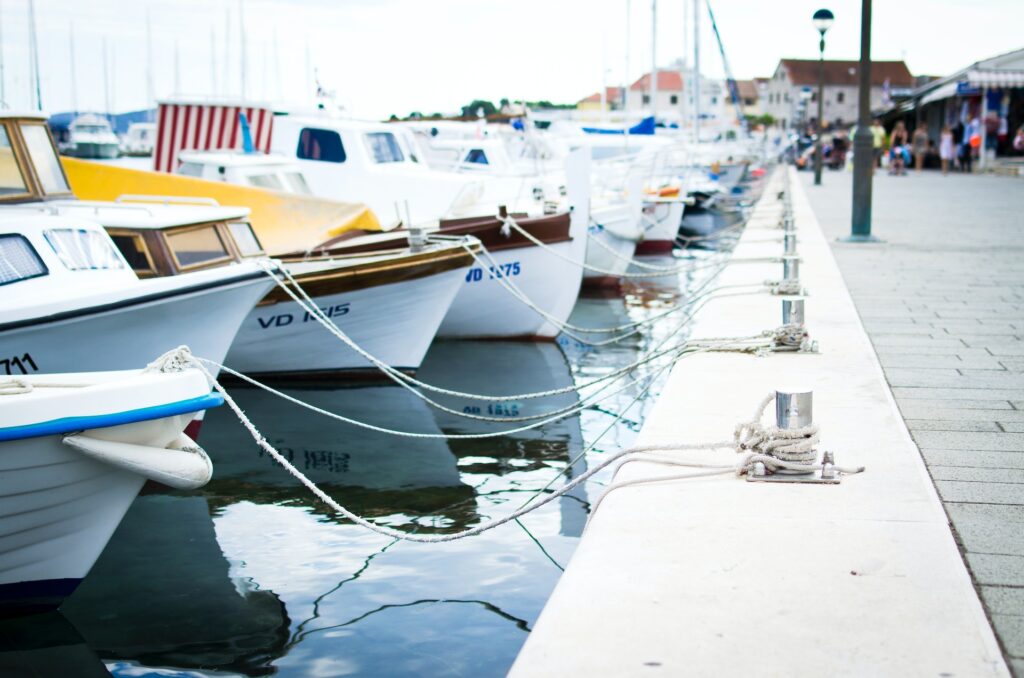
How to Choose the Right Marine Dock
Whether you’re planning on using a marine dock for fishing or simply for a place to keep your boat, there are many factors to consider. Here are some of them: Size, type, cost, and other important factors.
Considerations
Among the many factors to consider when choosing a marine dock, the type of water is one of the most important. Shorelines are constantly bustling with activity resulting from gravitational tides, waves, land vegetation, and marine ecosystems. Each shoreline is unique because of its environment and type of water. You may need a floating dock or pilings for rocky shorelines. A floating dock will bypass rocks embedded in the water and can be installed without damaging the shoreline. Besides the cost of docks Palm Beach County, FL, you also need to consider the length and width of the dock. For a small boat, you may not need a large one, but a motor boat may require a fixed dock larger than a sailboat or a small sailboat. Depending on your boat’s size, the marine dock’s length and width will vary greatly. If you are only planning to dock your boat occasionally and do not need a large dock, you may only need a low-water model extending about seven 1/2 feet from shore to end.
Types
There are several different types of marine docks. While floating docks are ideally suited for waters that fluctuate a lot, stationary docks are not suitable for areas of very deep water or muddy bottoms. In addition, while floating docks can remain in the water over the winter, they should be removed during the coldest months. Floating docks are made from foam-filled plastic billets or commercial steel tube floats. Their width and length determine their stability.
Before you begin construction, consider your needs and desired functionality. For example, do you want a boat dock for commercial or residential property? In such a case, you should consider the future expansion of your property. Removable docks are especially advantageous when deciding to expand, replace, or repair dock sections that may become damaged. But before you begin construction, consider the amount of space and the style of your boat dock.
Sizes
When building a marine dock, it’s important to consider the size and shape of your property. Not every property is the same, and dock sizes can vary widely depending on the location and features of the home. It would help if you also considered the regulations and by-laws of your municipality, which may have rules regarding dock designs. You should check to ensure that your dock complies with any local regulations regarding the habitat of fish.
Regarding size, experts suggest one-eighth inch of the line for every nine feet of boat length. So, for example, a twenty-foot boat should use a three-eight-inch line, while a forty-foot boat should use a five-eight-inch line. A half-inch or 3/4-inch diameter line is fine for smaller boats, but most boaters prefer a larger diameter line.
Cost
Whether you’re installing a permanent dock or a floating one, there are some factors to consider before deciding. Depending on your location and climate, the cost of a floating dock can range from $150 to $1,500 per linear foot. A permanent dock will cost around $3,500 per year, while a floating dock can cost anywhere from $150 to $1,500 per linear foot. In addition to docks’ costs, you’ll also need to factor in other costs, such as permits and electrical needs. A standard dock in a lake can cost between $1,000 and $3,000 per linear foot, while a prime location can cost up to $10k per year.
The type of dock you choose will influence the cost, as will its durability. Many dock designs feature floatation systems and fenders, each with advantages and disadvantages. Choosing the right type for your location will depend on the climate and water depth. The type of material you choose will also affect the price, as will any additional features. If you plan to use the dock on a boat, you may want to consider a floating marine dock, as it reduces the need for pilings. However, it would help if you considered that improperly constructed docks could become dangerous and expensive, and it is always best to have a professional install them.
